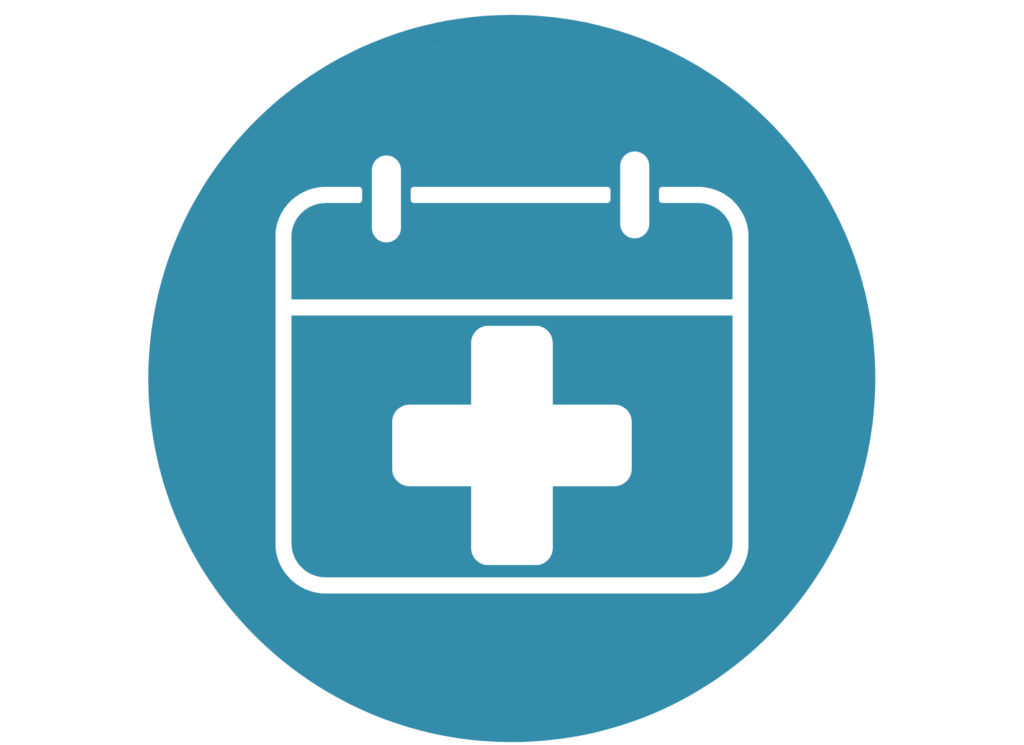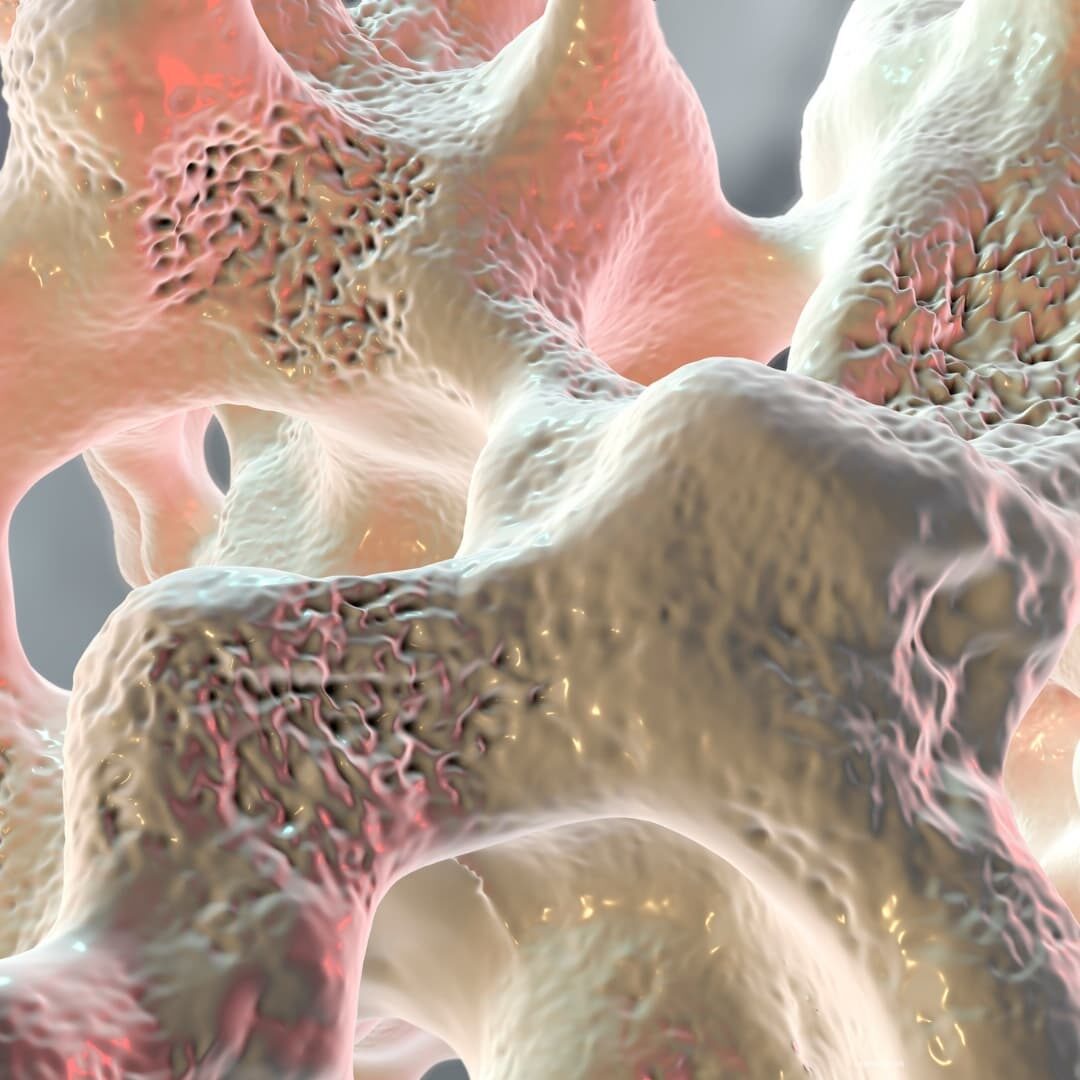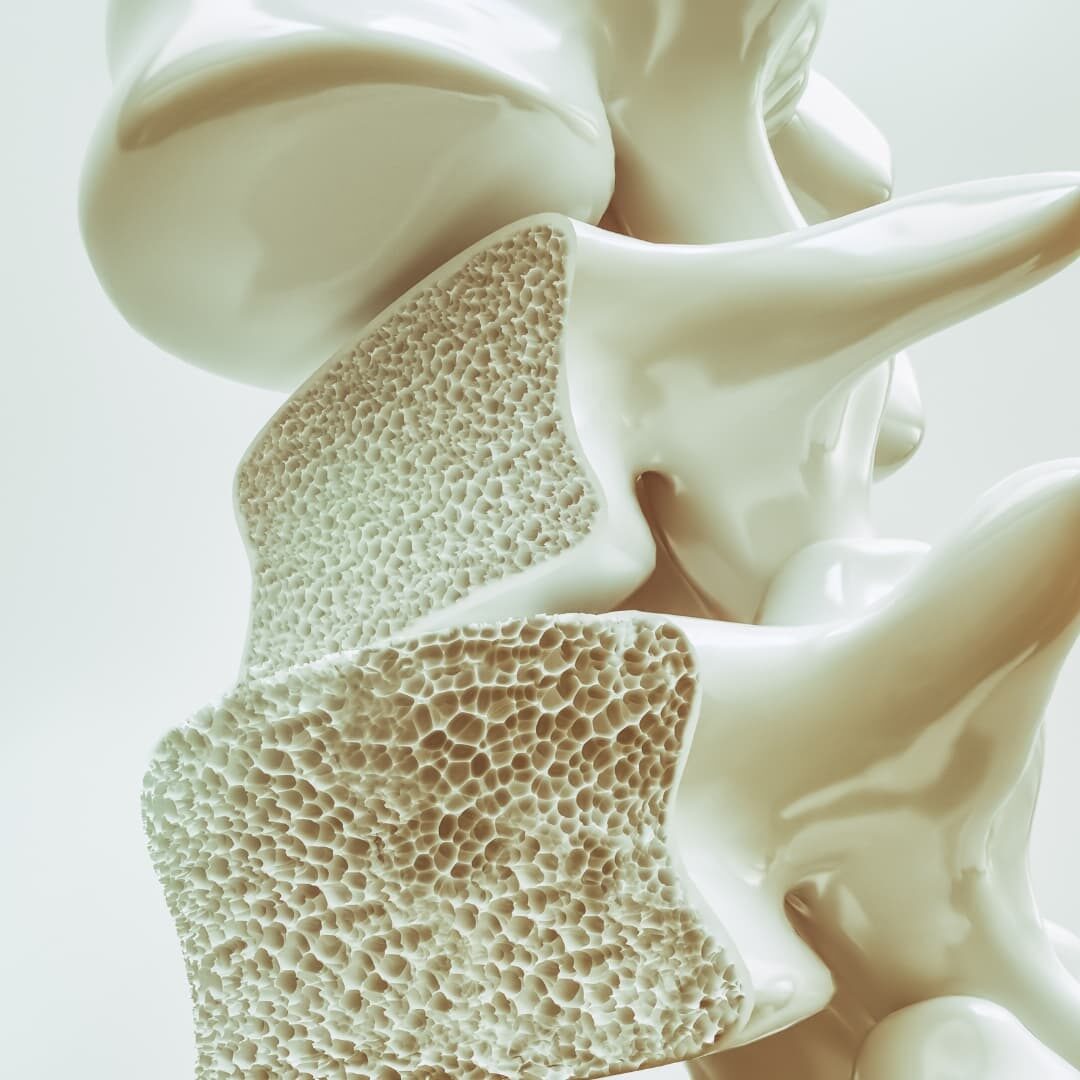Annually on October 20, World Osteoporosis Day reminds us that strong bones are the foundation of lifelong health. Osteoporosis, a condition that weakens bones and increases the risk of fractures, affects both men and women, though it’s often thought of as primarily a women’s health issue. In reality, while women are more likely to develop osteoporosis (with universal screening recommended after age 65), about one in five men over 50 will also experience an osteoporotic fracture in their remaining years. In fact, men account for roughly one in four hip fractures among older adults.
The good news? Prevention and early treatment can make a difference. Simple daily habits play a major role in protecting bone health, and our experts emphasize one in particular: quitting smoking. Below, we’ll explain why breaking this habit can prevent osteoporosis, along with other tips for keeping your bones strong.
Why Bone Health Matters
Bone density naturally decreases over time, and hormonal changes, diabetes, and certain medications can accelerate bone loss. Without proper screening and management, this can lead to fractures of the hip, wrist, or spine injuries that drastically impact quality of life.
How Smoking Weakens Your Bones
Cigarette smoke in particular affects nearly every organ system, including the skeletal system. Smoking undermines bone health by:
- Reduced blood supply: Smoking can constrict blood vessels and reduce blood flow to bones, impairing nutrient delivery and healing.
- Hormonal interference: Tobacco disrupts levels of estrogen and testosterone, both of which play roles in bone maintenance.
- Lower calcium absorption: Smoking has been linked to decreased calcium uptake in the intestines, making it harder for bones to build or maintain density.
- Impaired bone-forming cells: Some evidence suggests toxins in smoke may negatively affect osteoblasts (the cells that build bone).
Because of these effects, smokers tend to lose bone more rapidly, heal more slowly from fractures, and endure higher fracture risk. Quitting smoking can slow bone loss and improve recovery outcomes.
Expert Tips to Build Bone Strength
Strategies you can adopt now include:
- Nutrition:
- Aim for adequate calcium (1,000–1,200 mg daily, depending on age/gender)
- Pair with vitamin D (to improve absorption)
- Include protein, magnesium, and phosphorus
- Move your bones:
- Weight-bearing exercises (walking, jogging, dancing)
- Resistance training (bodyweight, light weights, bands)
- Balance and posture work to reduce fall risk
- Limit bone-harmful habits:
- Quit smoking
- Keep alcohol use moderate
- Avoid excessive caffeine or soda
- Screen and monitor:
- Bone density scans (DEXA) as recommended
- Discuss bone health with your endocrinologist or primary care provider
Latest Breakthroughs: Reversing Bone Loss via GPR133
In promising news, a receptor called GPR133 (also known as ADGRD1) has recently been identified as a primary regulator of bone density. A study published by ScienceAlert describes how stimulating this receptor with a chemical compound (named AP503) in animal models significantly increased bone strength, even in bones with osteoporosis-like damage.
When GPR133 was activated, osteoblasts (cells that build bone) became more active, producing stronger bone tissue. The effect was even more pronounced when used in combination with exercise, providing a synergistic approach to bone health.
While this research is still in early stages and conducted in animal models, it opens up promising avenues: in the future, therapies targeting GPR133 might not just slow bone loss, but reverse it, rebuilding degraded bone to healthier strength.
How Texas Diabetes & Endocrinology Can Help
If you’d like to schedule an appointment with one of our specialists at Texas Diabetes & Endocrinology and discover how our diabetes services and other endocrinology therapies can help you lead a full and active life, please contact us at (512) 458-8400 or request an appointment online. Don’t forget to follow us on Facebook and Instagram and check back each month as we provide you helpful wellness and health information.





